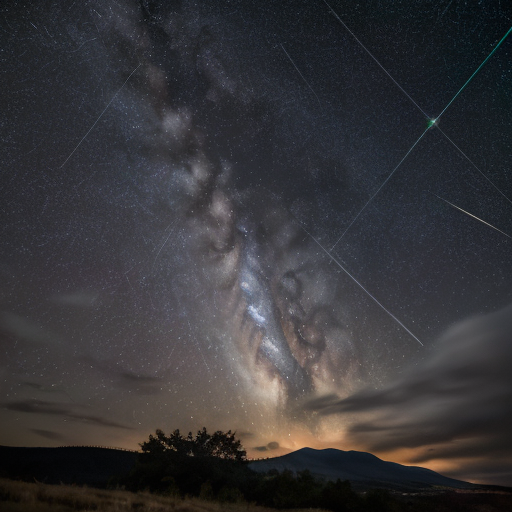In search of rogue exoplanets

Image created by me with AI
At NASA, interstellar exoplanets are called Rogue planets, those worlds that wander through space without orbiting a star. How many can there be in the observable universe? According to new research by scientists from NASA and Osaka University in Japan. , it is suggested that rogue planets far outnumber planets orbiting stars.
They did it thanks to microlensing effects, which is a happy effect predicted by the works of Albert Einstein, these effects occur when an object such as a star or planet visually aligns with a massive object that warps the fabric of space-time, creating a lensing effect and amplifying the light or any radiation being emitted by that distant star or planet.
Thank you for visiting my blog. If you like posts about #science, #planet, #politics, #rights #crypto, #traveling and discovering secrets and beauties of the #universe, feel free to Follow me as these are the topics I write about the most. Have a wonderful day and stay on this great platform :) :)
! The truth will set us free and science is the one that is closest to the truth!
If you want to win token in a game / Game bone: https://www.mundovirtualhive.online/login/jorgebgt
Click on the badge to view your board.
Thank you to our sponsors. Please consider supporting them.
Check out our last posts:
Click on the badge to view your board.
Thank you to our sponsors. Please consider supporting them.
Check out our last posts:
Yay! 🤗
Your content has been boosted with Ecency Points, by @jorgebgt.
Use Ecency daily to boost your growth on platform!
Support Ecency
Vote for new Proposal
Delegate HP and earn more
I just learn something new, I didn't know rogue planets move freely without a star in space.
I recently found out, and the most curious thing is that there may be many more than we think.
greetings
I presume life is impossible on a rogue planet?
You might think that life is unlikely on a rogue planet, but the researchers suggest that if certain conditions are met, such as tidal forces, contain water, and others, it could support life.
The world of possibilities.